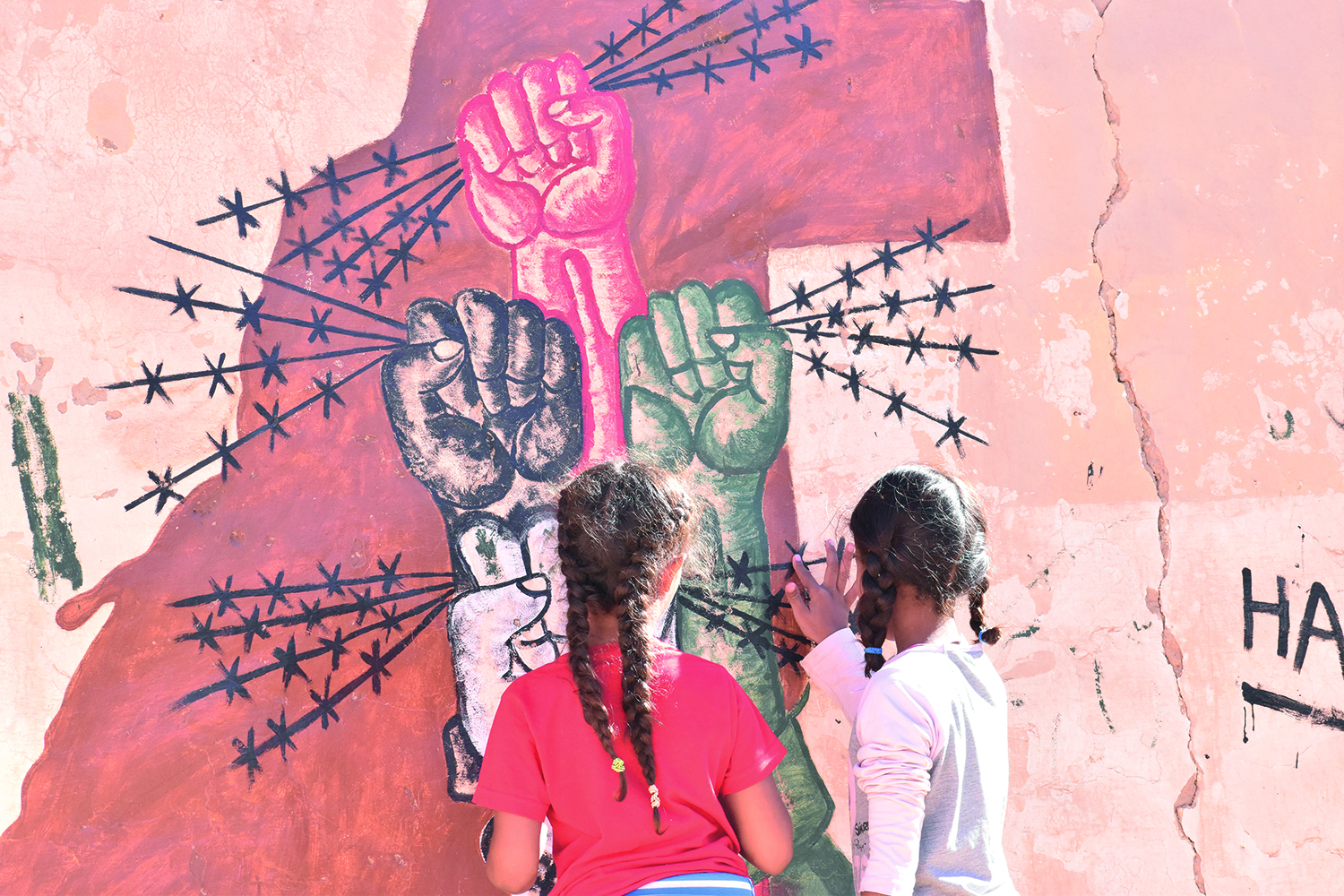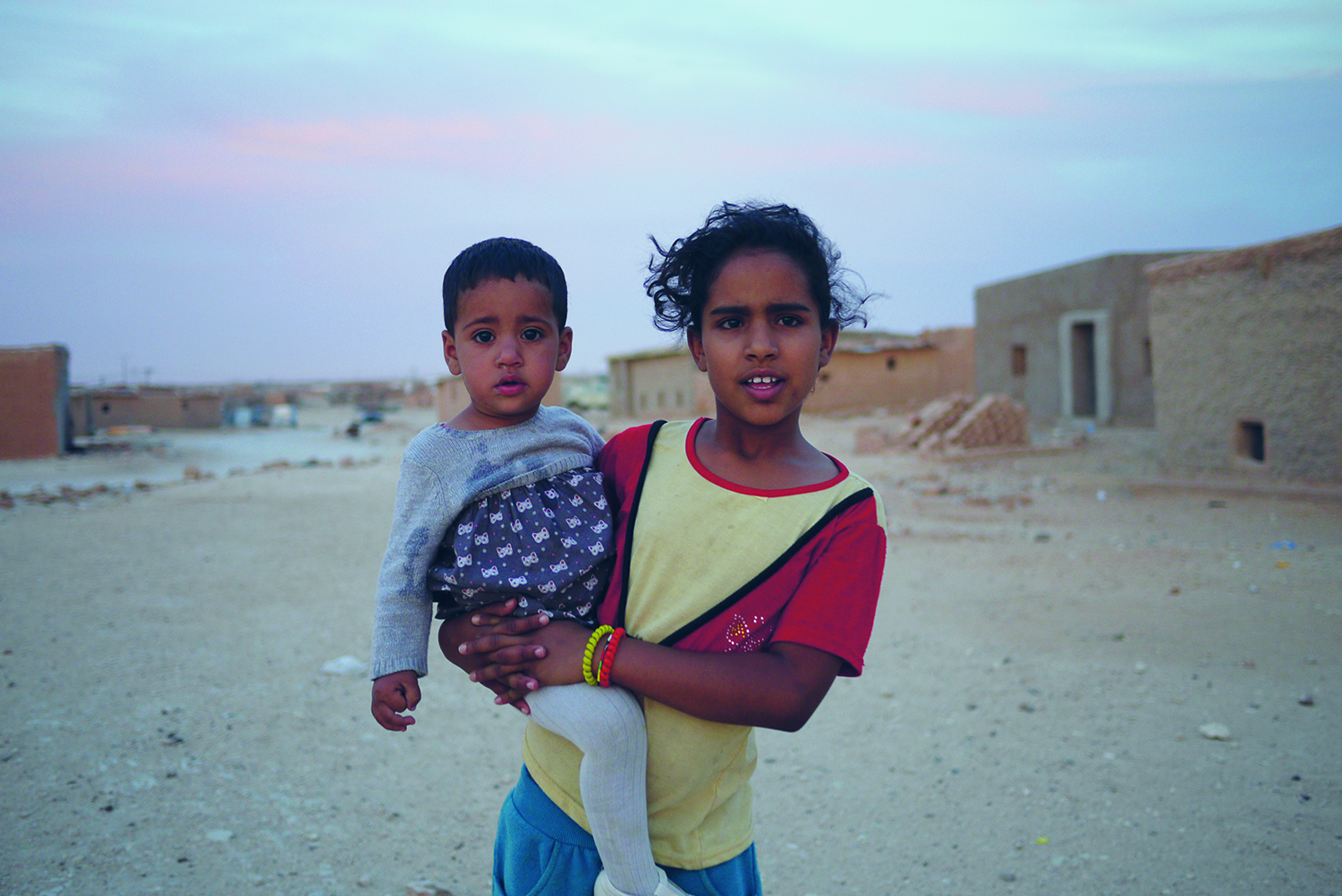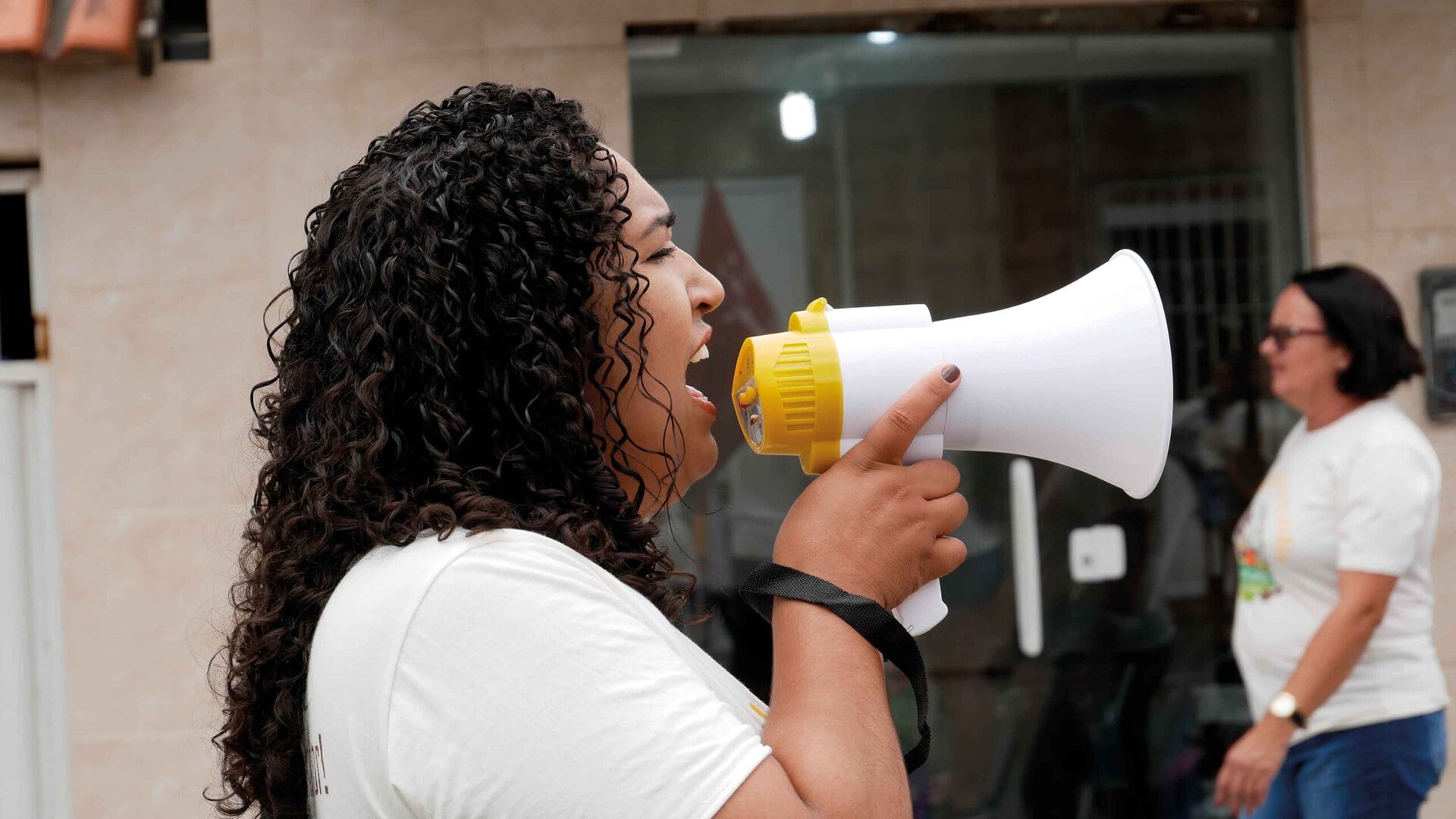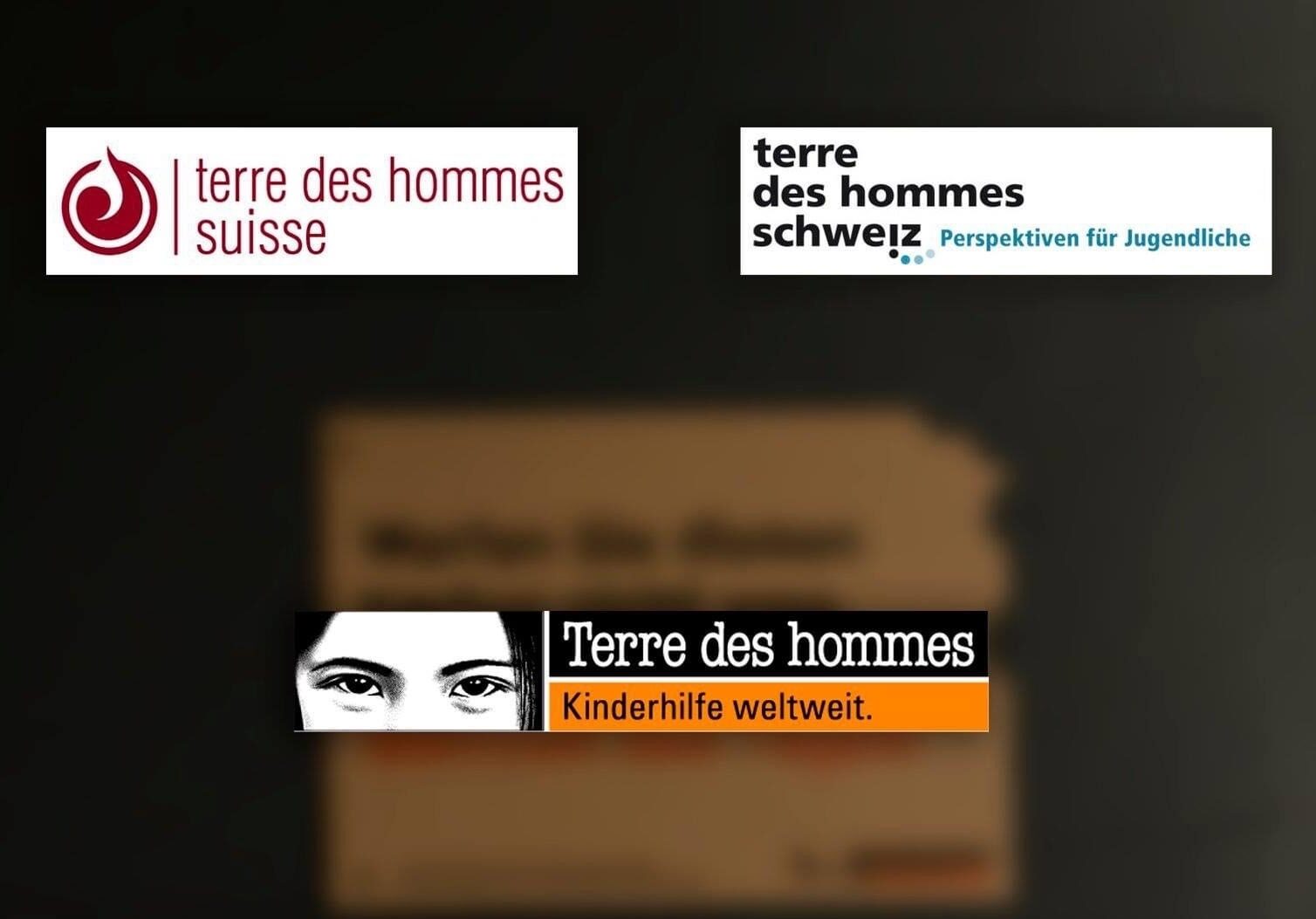There may be an anniversary in the forgotten conflict over Western Sahara, but there is no reason to celebrate. Most Saharawis are still living in refugee camps or under Moroccan occupation. The situation is once again very critical.
30 years ago, it looked like a breakthrough in Western Sahara. In 1991, the conflicting parties Frente Polisario, the Saharawis liberation movement, and the occupying power Morocco signed a UN-brokered ceasefire agreement. This put an end to 16 years of armed conflict.
Part of the agreement was that a referendum would be held on the self-determination of the Sahrawi people. The Saharawis were to be able to decide for themselves whether they wanted to have an independent state of Western Sahara in the future or belong to Morocco. The former Spanish colony of Western Sahara was occupied by Morocco in 1975. In its investigation that same year, the International Court of Justice came to the conclusion that Morocco’s territorial claims to the territory were not historically justified.

Hope for a return
Under the 1991 agreement, the UN peacekeeping mission Minurso was stationed in Western Sahara. Its task was to monitor the ceasefire and organize the referendum. It was expected to take place the following year.
The Saharawis were in good spirits. They had been living under Moroccan occupation since 1975, were at war with the occupying power or were holding out in refugee camps in the Algerian desert. The people in the Algerian camps hoped that they would soon be able to return to Western Sahara.
In the meantime, what was once a successful negotiation by the United Nations has become a grueling conflict that has remained unresolved for 30 years. According to the UN Refugee Agency, 174,000 Saharawis are living in camps in Algeria under extreme climatic conditions. They are dependent on international aid supplies and condemned to do nothing.
In the occupied territory of Western Sahara, around the same number of people are exposed to human rights violations, which have been documented by NGOs and UN agencies. The occupied Western Sahara is considered a “black hole of information” and censorship is rigorous. Tourists are welcome, while human rights observers and media professionals are immediately expelled.
Morocco remains uncompromising
Morocco has since made it clear that it no longer wishes to abide by the original agreement from 1991. The kingdom will no longer accept a vote in which the independence of Western Sahara is on the ballot. Only an autonomous status is still an option. The Frente Polisario, on the other hand, insists on the implementation of the original 1991 agreement.
Almost like a war
The situation is currently particularly tense again. Last November, the situation escalated when the Moroccan military marched into the southern UN buffer zone on the border with Mauritania and shot at people. They wanted to clear a road that Sahrawi activists were blocking.
The Saharawis were protesting against the transportation of illegally exploited resources that are transported from Western Sahara across the southern border via this road – such as tomatoes, melons and, more recently, blueberries and fish. As the military is prohibited in this buffer zone under the ceasefire agreement, the Polisario declared the ceasefire to be over. There has actually been a war there since late last fall, even though hardly any actual fighting had taken place up to the time of going to press.
On a confrontational course
In the power play of geopolitical interests, the Saharawis have the weaker cards and Morocco is increasingly taking a confrontational stance. In March of this year, the kingdom broke off diplomatic contact with Germany. As a member of the UN Security Council, Germany convened a meeting on Western Sahara at the end of 2020. The meeting discussed the recognition of Morocco’s claims to ownership of Western Sahara by the USA. A breach of the UN position, which every country had respected until then – and one of the last bizarre official acts of former US President Trump in December 2020.
Refugees as leverage
This May, an unmistakable threat to the European countries followed in another matter: Morocco suspended border controls to the Spanish exclave of Ceuta in North Africa. Thousands then tried to cross from Morocco to Ceuta on Spanish soil. With its action, the Moroccan kingdom expressed its anger that the president of the Polisario, Brahim Ghali, was being treated in a Spanish hospital.
This is not the first time that Morocco has used refugees as leverage against Europe. Back in 2017, the kingdom opened the borders to Ceuta and Melilla in response to a ruling by the European Court of Justice (ECJ). The ECJ ruled that the free trade agreement between the EU and Morocco was not applicable to Western Sahara, as it had a “separate and distinct status”.
Persevering in the refugee camp
On September 29, the ECJ is again expected to issue two rulings on the free trade and fisheries agreement with Morocco, which are likely to go in the same direction. So while the occupying power is using the refugees as pawns, Morocco is ensuring that the Sahrawi refugees are forced to remain in camps in the Algerian desert 30 years after the ceasefire agreement.
There were developments at the UN in the middle of this month. After lengthy negotiations, Morocco has now also accepted the Italian-Swedish Staffan de Mistura as the new special envoy for Western Sahara after the Polisario. The post had been vacant since the resignation of Horst Köhler in March 2019. The former German President brought the parties to the conflict back to the negotiating table for two rounds, albeit without any rapprochement or results. It remains to be seen whether the experienced diplomat and mediator de Mistura will actually succeed in bringing movement to the deadlocked conflict. Meanwhile, another generation of young Saharawis is growing up in the refugee camps in the desert.
Sylvia Valentin, Development Policy Campaigns



